Take a look at the attached image. This is a appx that is signed by Microsoft. The signature is timestamped. But, it's now an "Untrusted App."
Just had this happen to my software. I can't resign old application packages (Appx, MSIX, Appxbundle, or MSIXBundle) with my new certificate.
From a business standpoint, this is horrible.
Is there a way to sign an Appx bundle or MSIX bundle without it being listed as untrusted in the future?
Edit:
Honestly, I'm not sure if this is just my systems. I hope it's just my network, or something. But, I'd like to figure this out. Seems very important.
Some updates:
- Didn't find anything of value in the Event Log.
- I'm hoping my system is torn, because if this is the new normal, this is bad for business.
- Here's the Microsoft signed and timestamped Appx. If someone else could verify if this is Trusted, Untrusted, or "Trusted Microsoft Store App," please post here.
I guess the questions are:
- Do signed and timestamped Appx/MSIX packages become "untrusted" after the certificate expires?
- If not, what's causing it on my system?
- If so, what is a "Trusted Microsoft Store App," and is it immune to this effect?
- Also, if so, why? What are we trusting anyway? Does authenicode work or not? What authority, and by what mechanism, does trust derive?
Cheers!

